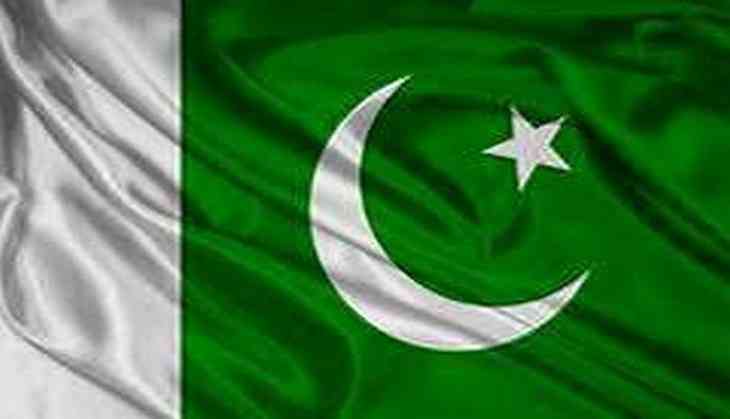
Pakistan's external debt is likely to increase in the near future as it is under compulsion to borrow more and more every year to repay its outstanding external loans, finance its current account and build its forex reserves.
Over the last 15 years or so, the country's external debt and liabilities have grown at a varying pace but no effort made during this period succeeded in containing the exponential increase in the burden, Dawn reported.
This is evident from the over 150 per cent growth in foreign debt and liabilities to USD 116.3 billion from USD 45.4 billion at the end of Financial Year 2008. Moreover, Pakistan purchased nearly 63 per cent more debt or USD 12.13 billion in the first 11 months of the outgoing fiscal year compared to USD 7.4 billion the government had borrowed during the same period last year.
The government has underscores its anxiety over the rising short- to medium-term debt payments by borrowed more aggressively from external sources during the outgoing year despite a record 29 per cent jump in remittances sent home by Pakistanis living abroad and a current account surplus
According to Dawn, Islamabad's debt payment requirements are not surging because of its increasing foreign debt stock alone; the changing composition of external debt, which includes the replacement of low-cost multilateral and bilateral borrowings with more expensive commercial purchases, is also increasing debt-servicing requirements.
Moreover, the extremely low flows of non-debt-creating, long-term FDI are also not helping. With little likelihood of any dramatic jump in tax revenues or exports in the next few years, the country's dependence on foreign loans will continue.
Chances are that Pakistan's dependence on costly commercial loans from international banks and markets will increase, escalating debt accumulation and servicing -- at least in the short run.
This also comes as bilateral dollars in short supply for various reasons and multilateral assistance on hold because of the differences with the International Monetary Fund (IMF) over the Pakistan Tehreek-e-Insaf (PTI) government's spending plans for the next year.
Earlier this month, it was reported that the domestic and external debt of Pakistan's Punjab province reached Rs 956.4 billion as of June 2021 including a major chunk of Rs 951.2 billion loans obtained from international funding institutions.
According to Dawn, the World Bank Group is the leading creditor with 46 per cent share followed by the Asian Development Bank at 25 per cent. China comes third with 24 per cent and Japan contributes 3 per cents shares in the external debt stock, according to the budget document.
Despite rising debt and inflation in Pakistan, its Imran Khan-led federal government has proposed to exempt all registered political parties of Pakistan from the legal obligation of submitting their annual income and wealth records while also declaring their incomes tax-free, according to Finance Bill 2021.
Meanwhile, the World Bank on Tuesday approved USD 800 million in financing for two programs in Pakistan--the Pakistan Program for Affordable and Clean Energy and the Second Securing Human Investments to Foster Transformation.
(ANI)
Also Read: Afghanistan: Tribal leaders organise rally in Kandahar in support of democracy, peace process


